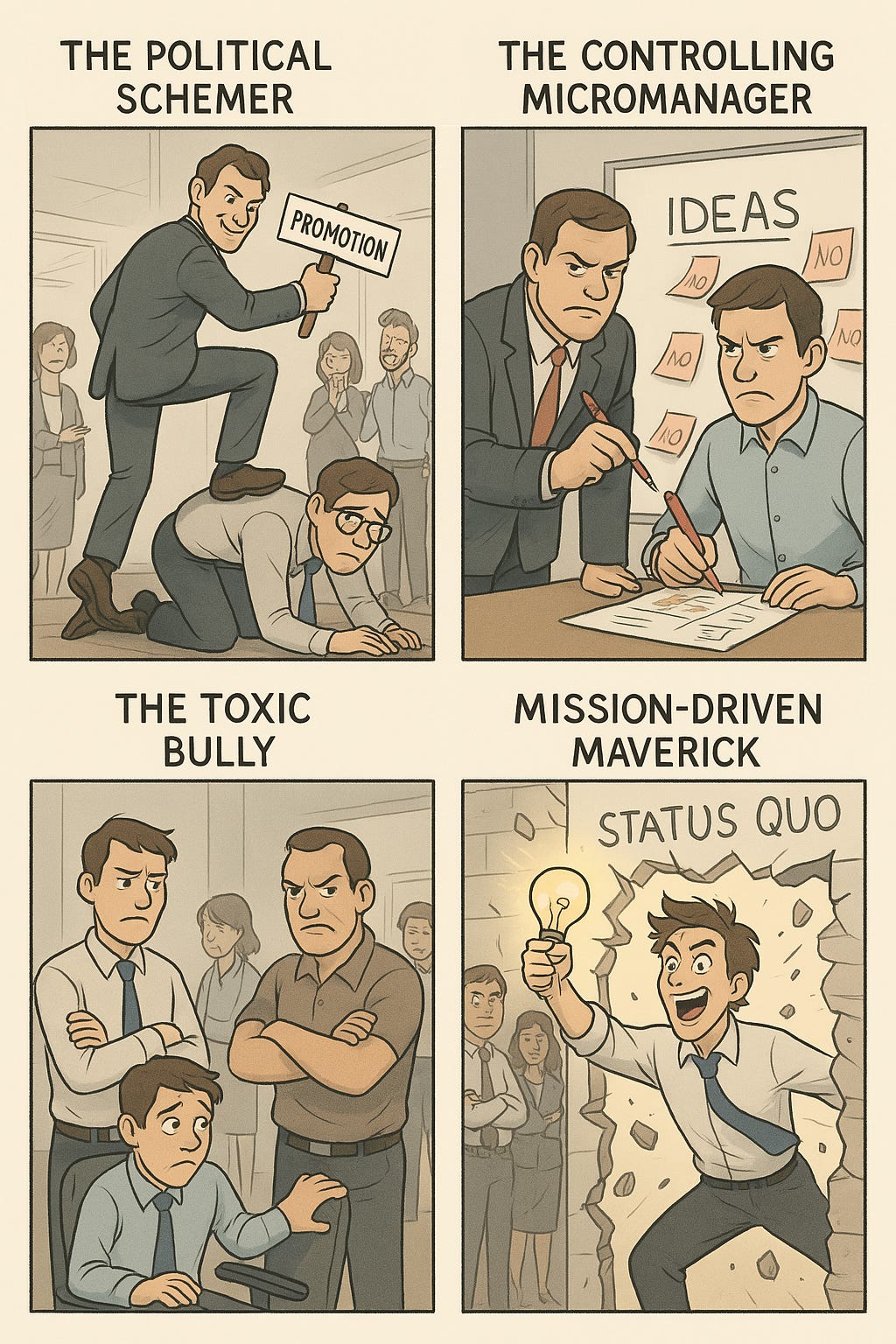Weekly Reflections: Honesty, Emotional Freedom, and Being a Mission-Driven Maverick
Full text: 1,070 words, estimated reading time: 3 minutes 53 seconds.
There are only two ways to truly internalize knowledge:
Making mistakes (to discover what you don’t know)
Digesting then outputting (explaining it in your own words).
I’m documenting what I learn or recall each week in bullet points and summaries. This is to organize my thoughts and force myself to grow regularly. You’re welcome to join the conversation.
This week, you’ll get
The astonishing power of honesty and integrity
Emotional freedom > financial freedom
Always ensure you’re a “mission-driven jerk”
1. The Astonishing Power of Honesty and Integrity
Hi Sean, I feel like you don’t care about me.
— Finance industry client, male, 50
Hearing this from a client over the phone completely shocked me and stopped my thoughts cold.
How did I get here?
Three minutes earlier, I was pushing hard to get the client to meet with me, hoping to finish a promised contract deliverable.
What was I rushing for?
As a project manager on the vendor side, I’d been repeatedly reminded by supervisors and seniors to “get things done quickly—delays will hurt your performance.” It felt like an inviolable rule that would shape my future.
(It’s true: only by completing the contract can we bill the client. I get why my company ties performance to this, but that’s beyond today’s topic.)
Are you sure you even need to rush?
— The client asked again
I’d always believed “the customer is king,” but now I realized I’d lost sight of my own principles—putting my personal performance above the client experience.
I collected myself and told the client:
Please disregard what just happened—my behavior was wrong.
I want your impression of me to be: “I trust you, and I know you’ll deliver the best experience.”
Let’s set aside all the to-dos for now—just remember this impression.
Afterward, the client regained trust in me. Everything went smoothly, and he became one of my best clients.
My reflections
The power of honesty and integrity is astonishing—don’t let your environment make you forget your original intent.
In human relationships, trust is the foundation. With it, many costs disappear instantly.
When working with others, always say “I trust you,” and mean it.
2. Emotional freedom > financial freedom
Cheng-Wei Hu’s article “Emotional Freedom” notes:
There are two types of freedom: external and internal.
External: The ability to do anything you want, free from interference.
Internal: The ability to avoid being controlled by your own destructive impulses.
For example, someone buying cigarettes has “external freedom” (no one stops him), but lacks “internal freedom” (he can’t stop himself).
The author argues:
We should pursue “free from XXX”—freedom from constraints.
We shouldn’t chase “free to XXX”—which leads to being overwhelmed by impulses or emotions.
Emotional freedom protects us from being hijacked by our feelings, such as
Saying harsh words to a loved one when angry
Taking illogical actions when frustrated
Being drowned in self-doubt when disappointed
To pursue internal/emotional freedom, don’t try to eliminate emotions—just make sure you’re not controlled by them.
As long as you notice your emotions, you can relax and feel them.It’s okay to be carried away by emotions as long as you’re aware of it.
Emotions are like trains arriving and departing at a platform. As the passenger, you can:
Observe these trains
Choose which train to board
The author’s final advice:
The goal of life is happiness
Practice managing your emotions like any other skill
Prioritize emotional freedom over financial freedom (without abandoning the latter)
My reflections
What “observation measures” do I use when emotions run high?
Keep checking in with myself: “What am I feeling right now?”
Always remember: “The goal of life is happiness.”
3. Always ensure you’re a “mission-driven jerk”
Tony Fadell’s “Build” describes several types of jerks in the office:
Political Jerk
– Climbs over others to survive
– Never takes responsibility, but quick to say “I told you so” when things go wrong
– Tries to solve “problems they saw coming” and makes a big show of itControlling Jerk
– Micromanager who systematically kills innovation
– Hates good ideas that aren’t theirs
– Fears anyone outperforming themJerk Jerk
– No value added
– Mean, jealous, insecure
– Bullies others just to boost their own egoMission-Driven Jerk (focus here!)
– Easily confused with the “Jerk Jerk”
– Extremely passionate, a bit crazy, completely ignores “that’s just how things are done”
– Aims to do what’s right or good, never backs down (unless someone has a better idea)
My reflections
I want to be a “mission-driven jerk”
If there’s a way to do better, don’t settle for mediocrity
Push myself to excel, and when appropriate, push others too
Always be transparent, honest, and open to challenge or dissent
That’s what I’ve learned this week—if this helps you, all the better!
All images in this article were generated by Microsoft Copilot
All image prompts were created in collaboration with DIA Browser.





